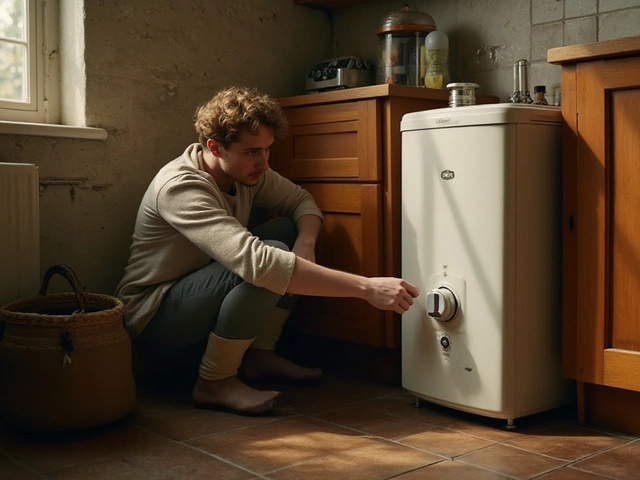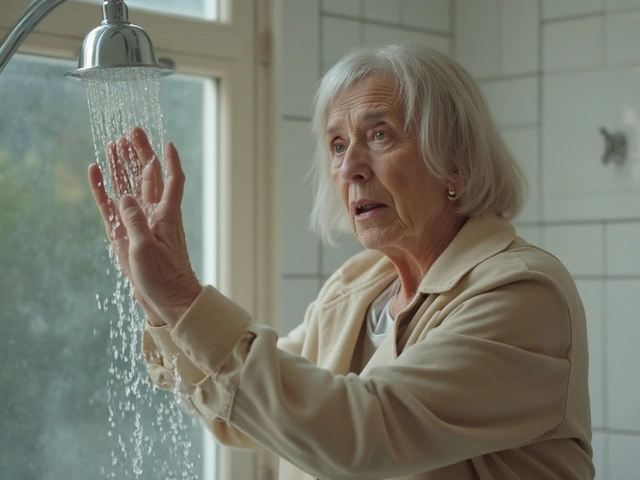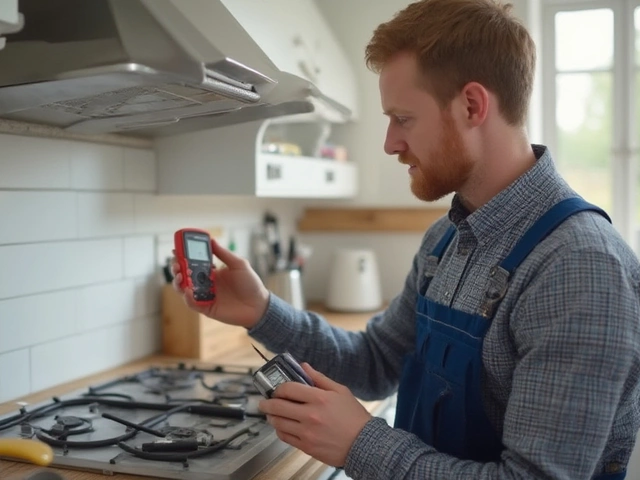Appliance Regulations in the UK – A Practical Guide for Homeowners
If you own a fridge, boiler, or any kitchen gadget, you’re already covered by a set of rules that keep things safe and efficient. Knowing the basics saves you money, avoids fines, and makes sure repairs are done the right way. Below you’ll find the most important regulations you should be aware of, plus how they affect the everyday repair jobs we handle.
Key UK Appliance Safety Rules
First up, every appliance sold in the UK must meet the UKCA (formerly CE) marking. This shows it follows the British Standards for safety, electrical wiring, and fire risk. When you buy a new oven, for example, look for the UKCA logo on the label. If an appliance is missing it, you could be risking a faulty product that won’t be covered by warranty.
Next, the Energy‑Related Products (ErP) Directive forces manufacturers to display an energy label. The rating (from A+++ down to G) tells you how much power the device will use each year. Higher ratings mean lower bills and a smaller carbon footprint. For large appliances like boilers or heat pumps, the ErP rules also require a minimum efficiency level, so you’ll rarely see a low‑efficiency model on the market.
Gas‑powered items such as boilers and water heaters need a Gas Safe Register certificate for any work done. That means you can only call a Gas Safe engineer to install or service the unit. Doing it yourself or hiring an unregistered tradesperson is illegal and dangerous.
How Regulations Affect Repairs and Replacements
When you call us for a repair, we check the appliance’s compliance status first. If the device is older than 10 years and no longer meets current safety standards, we’ll advise whether a repair is worth it or if a replacement is the smarter choice. This is especially true for boilers – modern models have built‑in safety features that older units lack.
For electrical appliances, the Electrical Equipment (Safety) Regulations require any repair to restore the device to a safe condition. That means we replace worn cords, update fuses, and test the appliance before it goes back to you. If the repair would involve major modifications that could void the safety certificate, we’ll suggest a replacement instead.
Some appliances, like extractor fans, also fall under the Building Regulations Part F. This rule ensures proper ventilation to prevent moisture build‑up and mold. When we service a fan, we check that it still meets the airflow standards required for your kitchen or bathroom. If it doesn’t, we’ll let you know whether a simple clean‑up will do or if a new fan is needed to stay compliant.
Finally, remember your consumer rights. Under the Consumer Rights Act 2015, you’re entitled to a repair, replacement, or refund if a product is faulty within the first six months. After that period, you still have a right to a repair if the fault is not due to misuse. Knowing these rights gives you confidence to demand proper service.
Bottom line: staying on top of UK appliance regulations means safer homes, lower energy bills, and fewer repair headaches. If you’re unsure whether your appliance meets current standards, give us a call – we’ll check the compliance and recommend the best next step, whether that’s a fix or a replacement that follows all the rules.






